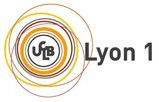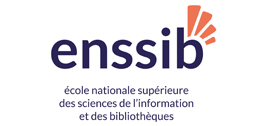Talk by Nicolas Keriven (ENS, CFM-ENS Chair, Paris) : A Dual Certificates Analysis of Compressive Off-the-Grid Recovery
A Dual Certificates Analysis of Compressive Off-the-Grid Recovery
Abstract: Many problems in machine learning and imaging can be framed as an infinite dimensional Lasso problem to estimate a sparse measure. This includes for instance regression using a continuously parameterized dictionary, mixture model estimation and super-resolution of images. To make the problem tractable, one typically sketches the observations (often called compressive-sensing in imaging) using randomized projections. In this work, we provide a comprehensive treatment of the recovery performances of this class of approaches, proving that (up to log factors) a number of sketches proportional to the sparsity is enough to identify the sought after measure with robustness to noise. We prove both exact support stability (the number of recovered atoms matches that of the measure of interest) and approximate stability (localization of the atoms) by extending two classical proof techniques (minimal norm dual certificate and golfing scheme certificate).
See : https://arxiv.org/abs/1802.08464
https://nkeriven.github.io










